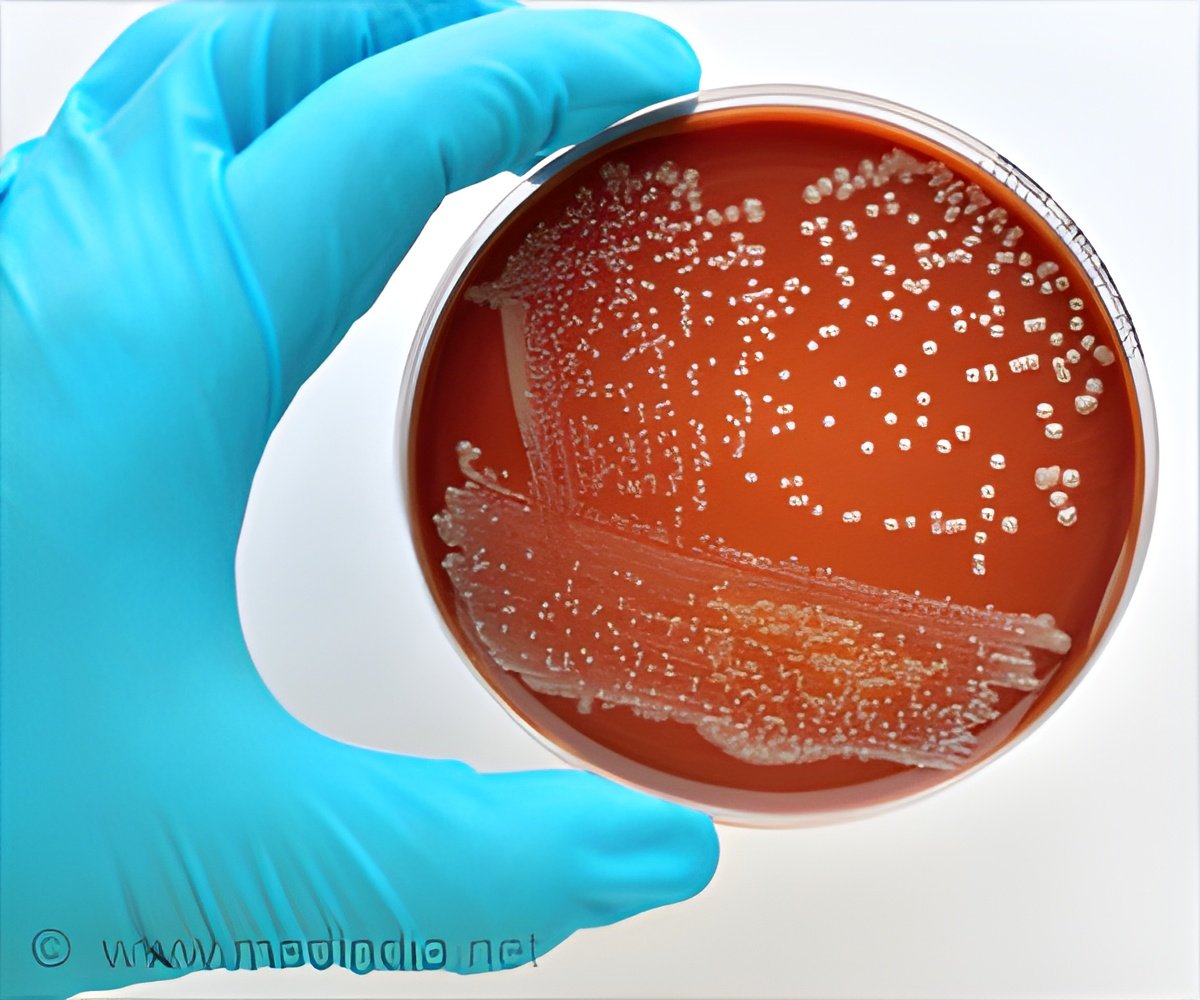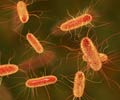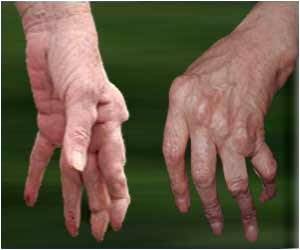Shiga toxin, a protein for attaching the pathogens in the intestine (intimin) is regarded as an important factor in the development of severe diarrhoea.

‘Shiga toxin, a protein for attaching the pathogens in the intestine (intimin) is regarded as an important factor in the development of severe diarrhoea.’





According to evaluations made by the BfR, STEC are most often found in meat, meat products, raw milk and raw milk products from ruminants such as cattle, sheep and goats, but they can also occur in products made from wild ruminants and wild boar, as well as plantbased foods.
Although STEC strains can be better classified today using modern molecular methods, a definite prediction of the potential of STEC strains to cause disease in humans is not possible. For this reason, all Shiga toxin-producing E. coli strains are classified as potentially virulent. To protect against STEC infections through contaminated food, the BfR recommends heating methods, such as boiling, frying, roasting or pasteurising, which kill any pathogens that might be present in meat or raw milk. The requirement here is that a temperature of 70° C or more is reached at the core of the food for at least two minutes; accordingly, meat should be cooked thoroughly. Plant-based foods such as fresh herbs, lettuce and leafy greens, which are generally consumed raw should be stored at a maximum of 7° C, thoroughly washed and used quickly. To reduce the germ load, particularly sprouts should be thoroughly washed, used up as quickly as possible and preferably, thoroughly heated prior to consumption. People with weakened immune systems should avoid eating raw sprouts altogether.
Source-Eurekalert










